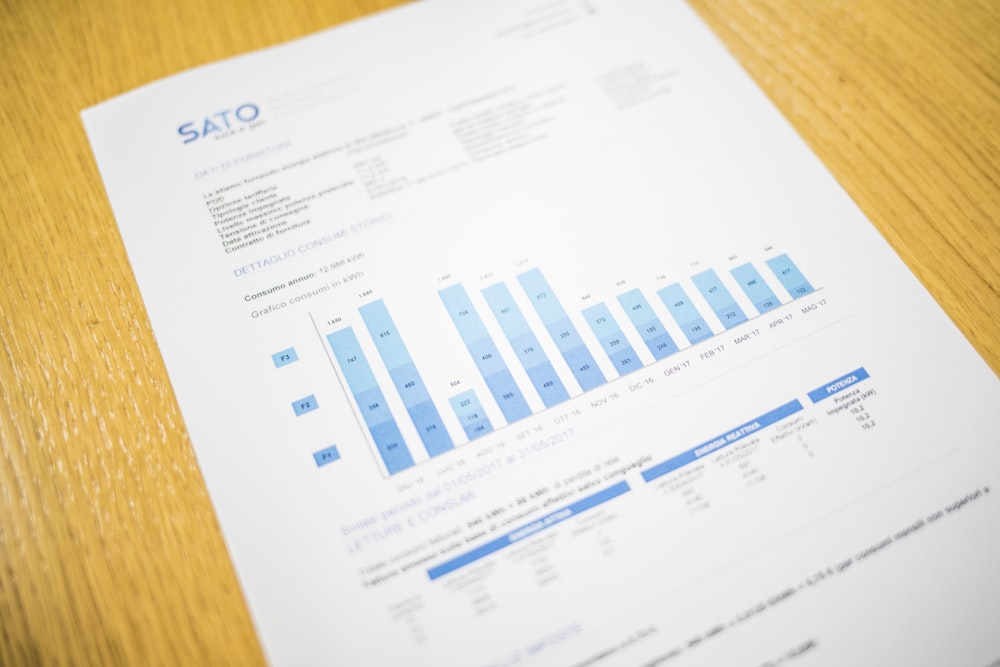How Financial Analysts Forecast the Future
Find out how these business soothsayers can forecast your company's future and the value a Financial Analyst from The ROOM can provide your business.

The demand for financial analysis skills is on the rise. According to the US Bureau of Labour Statistics, employment of Financial Analysts is on track to grow nine percent by 2031 — faster than the average for all occupations — creating more than 32,000 jobs. Regardless of the industry, all businesses rely on analysts to help them make informed business decisions. Whether by scrutinising financial data or analysing competitive market trends, financial analysts are the key to forecasting a company’s economic future.
How a Financial Analyst Forecasts Your Company’s Future
The work of a financial analyst involves forecasting market conditions and investment performance by reviewing and assessing financial data. Analysts undertake cost-benefit evaluations and economic forecasts on stocks, bonds, shares, and other investments to assist people and businesses in making strategic financial decisions.
While accountants regularly evaluate a company’s financial data, a financial analyst uses past and present trends to help make future possibilities a reality. They play a critical role in business by examining data and providing actionable information on profitability, solvency, stability, and liquidity.
A key function of the financial analyst role is developing dynamic financial tools that capture the distinctiveness of a specific company. These models can help organisations to better evaluate their operations and assess potential outcomes to determine the best course of action.
Additionally, analysts accurately report on an organisation’s financial and business position to various stakeholders, such as shareholders and the board of directors. Financial analysts can also have a positive effect on the economy as a whole because smart business choices will encourage overall growth.

Photo by Giorgio Tomassetti on Unsplash
The Value of Financial Analysis
Increasingly, businesses are requiring quick information to assist their personnel in making critical business choices. To optimise a business, every company needs to have solid financial planning and forecasting. It is for this reason that the role of financial analysts has become more and more important.
Another reason is the changing role of the financial department as a whole. Today, the majority of financial operations are automated and manageable with fewer resources. As a result, finance professionals are better equipped to focus on the company’s goals and objectives rather than just processing and reconciling transactions.
Technological advancements have also led to businesses becoming more complex. The minds of business professionals are filled with several questions. All of these questions have answers, which analytics provides. Managers and executives in business can get more accurate and comprehensive financial data by using financial analytics.
Every Company Needs a Financial Analyst
Nish Pillay, the Head of Financial Planning and Analysis at The ROOM, attests to the rise in demand for financial analysts due to the valuable insight they provide to businesses. “As a financial analyst, you take numbers that mean nothing to most people and you have to translate that into meaningful data and serve it to an audience so they understand it,” she says. “The role is about communicating to non-finance people in a way that they can understand what you’re saying and take actionable insights from your recommendations. Any company that has costs and generates money needs a financial analyst,” she adds.
To ensure you maximise your ROI and uncover business insights that will help you make better business decisions, hire a certified Financial Analyst from The ROOM.
The ROOM is home to a lifelong, highly specialised community of young and agile digital talent, connecting individuals and companies across the globe with the skills and resources they need to thrive in the future of work. Visit The ROOM to access a pool of world-class Financial Analysts.
